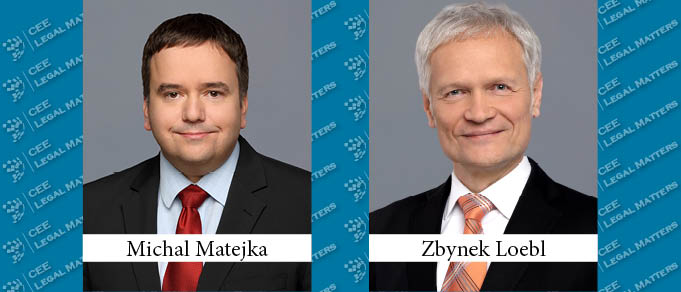During the current pandemic crisis, courts in countries around the world have had to suspend their regular operations and have focused only on the most urgent and time-sensitive matters. Yet the first few online courts have been able to maintain regular service. This has led to a massive increase in interest in and awareness of online dispute resolution (ODR) and online courts among judges, arbitrators, mediators, and lawyers in general. The pandemic has highlighted the ability of ODR to keep operating in crises that impact physical operations. Suddenly Zoom and even email are being considered ODR technology because they enable online court proceedings and distant mediations.
Yet ODR and online courts are much more than video-conferencing systems or arbitration over email. The essence of ODR is the application of technology in a form that positively aids resolution, whether through self-negotiation, innovative methods such as reframing aids, blind bidding, nudge technology, crowd sourced determination (jury of peers), or even, in some countries, the creation of robo-judges able to crunch data and assess precedents at a much faster rate than people.
Perhaps the most interesting online courts are those designed to substantially improve access to justice and provide people with a bigger role in determining how their dissatisfactions are resolved. Such new courts are the beginning of a digital transformation of our civil justice as we know it, which, although it may take many years to complete, seems both inevitable and desirable.
In civil cases, ODR allows the ultimate users of the justice system to be put first, which changes the rules of the game regarding the way civil cases are administered. Future online civil courts are going to be based on “mobile justice” – justice that is accessible via mobile phone and applications. This is a positive feature because it requires significant simplification, re-engineering, and re-inventing of civil court procedures – all of which will make justice more accessible and understandable, while preserving key ethical principles of civil judicial processes.
Successful online courts already exist both within the EU (e.g., in Denmark) and outside it (e.g., in Singapore and Canada). Interestingly, many standard ODR processes are treated similarly by online courts and private ODR platforms, despite their differences. For example, online courts have introduced direct negotiation or assisted negotiation as part of their platforms, just as they have been designed by private ODR providers.
Future online courts will, step-by-step, implement end-to-end processes and be data driven, meaning that the use of AI tools and models will increase. One of the authors of this article, Zbynek Loebl, has argued in his recent book, Designing Online Court; The Future of Justice Is Open to All, that in order for online civil courts to develop, the introduction of open ODR processes, schemes, and standards will be critical. Zbynek came to this conclusion after analyzing examples of the current online courts as well as private ODR platforms and the issues that they are now facing.
New technology including ODR and AI can bring a lot of improvements into our lives. But there are also serious dangers and risks that can turn into opposite outcomes – innovations could result in more discrimination, tougher central control of the judiciary systems, and further the mistrust people have about the functioning of the court system. As there are many examples in recent history confirming this danger, it is crucial that designers of online civil courts set up efficient safeguards from the very beginning. It will be critical for the designers to focus on the application of key ethical principles – not just the general principles of fair justice, but also ethical principles of AI, ODR, and software development. We are happy that in our country, the Czech Republic, our firm, PRK Partners, is actively involved in the preparatory process aimed at designing and developing the first online civil courts.
By Michal Matejka, Partner and Zbynek Loebl, Of Counsel, PRK Partners
This Article was originally published in Issue 7.5 of the CEE Legal Matters Magazine. If you would like to receive a hard copy of the magazine, you can subscribe here.


